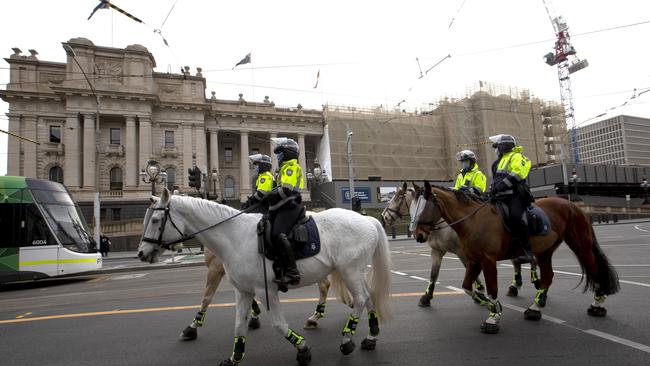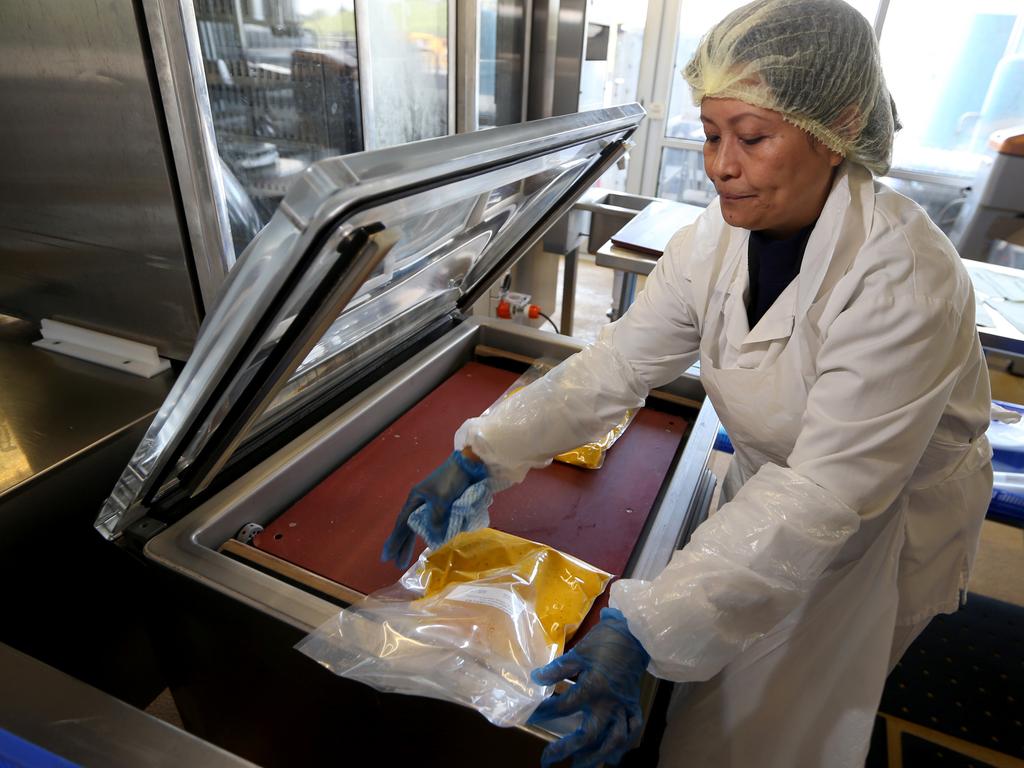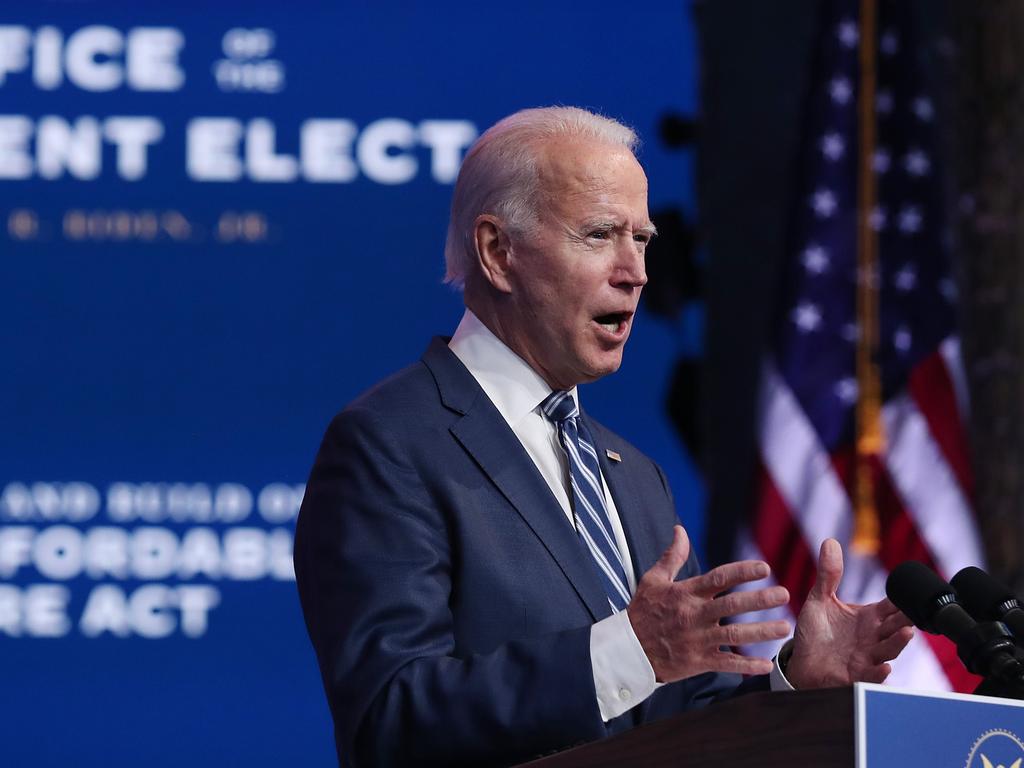
But administering our second largest state in coming months and years will be made more difficult because two of Australia’s top public servants have resigned from their Victorian posts and others might follow.
Australia’s largest industrial accident, the Victorian hotel quarantine disaster, killed more than 700 innocent people. In my view simply blaming the public servants does not get to the heart of the matter.
Translating the Victorian disaster into a corporate equivalent it would be like the board of a large enterprise that was introducing a high risk industrial plant stepping back and declaring that it would not embrace its statutory responsibilities.
Instead a whole new process of management would be tried out on this high risk plant. If the plant failed and killed hundreds of people then it would the mangers fault and not the directors who had clear responsibilities.
The government equivalent of a corporate board is, of course, the cabinet. At this stage only one Victorian cabinet minister at the time of the key decisions has put his hand up and accepted his share of the responsibility.
That cabinet minister, Adem Somyurek, was sacked in June over alleged ALP branch stacking. At that time the daily Victorian infection rate was only around 15. It was later to rise above 700.
Cabinet calamity
Last month writing in the Herald Sun newspaper Somyurek boldly declared: “Being a minister of the now infamous “creeping assumption” to use private security guards in hotel quarantine, I share responsibility for the death all 780 Victorians, the cratering of our once strong economy and the locking down of the entire state.
Not because I was part of a collective cabinet decision making process, but because I failed to insist that the Premier comply with a proper cabinet process”.
Victoria introduced a new system of government management called “missions”. And that system was tried out, not on small matters, but on the state’s greatest recent task: managing the COVID-19 pandemic. It failed.
The idea was that skills from many departments would be brought together into a “mission”. Some of those missions reported to Kim Peake who was head of the Department of Health and Human services which was one of the largest departments in the state with many diverse areas of activity.
In her “missions” responsibility, instead of reporting to her minister she reported to the Premier. This week Peake resigned and earlier the head of the Department of Premier and Cabinet Chris Eccles also resigned.
Under the “missions” administrative scheme lines of authority and responsibilities often conflicted with the stated responsibilities attached to the public servants’ jobs. There was consequent confusion in the administration which was laid bare when public servant after public servant couldn’t say who made decisions and could not set out what their role was.
A better plan
Of course sitting in a drawer gathering dust was a detailed crisis plan which adapted cabinet responsibility for times of great urgency . Under the cabinet responsibility system, the administration of the quarantine would involve all the various department chefs and ministers having input on what decisions were taken. Clear responsibilities would have been set out in writing and everybody involved would know who had those responsibilities. The system works.
When former Victorian Premier Steve Bracks set out the occupational health and safety rules for the state he contemplated the possibility that the board of a company might seek to absolve themselves from responsibility and accordingly very clear rules were set in place.
Governments were not excluded so the Bracks rules apply to the Victorian cabinet and, of course, senior public servants. Enforcing the state’s occupational health and safety rules is the WorkSafe authority. It has the responsibility to recommend to Victoria’s Director of Public Prosecutions. Kerri Judd where prosecutions are necessary. Judd can independently initiate prosecutions.
The recovery in Victoria is a reason to celebrate in the nation but like all states where there is a major industrial accident causing hundreds of deaths the legislation requires that prosecutions are undertaken and the courts decide guilt or innocence.
If that does not happen there is no point in having an act to require safe conduct. ends







Victoria’s business and consumer confidence has been given an enormous boost by the so called “doughnuts” - long periods with zero new COVID-19 infections.